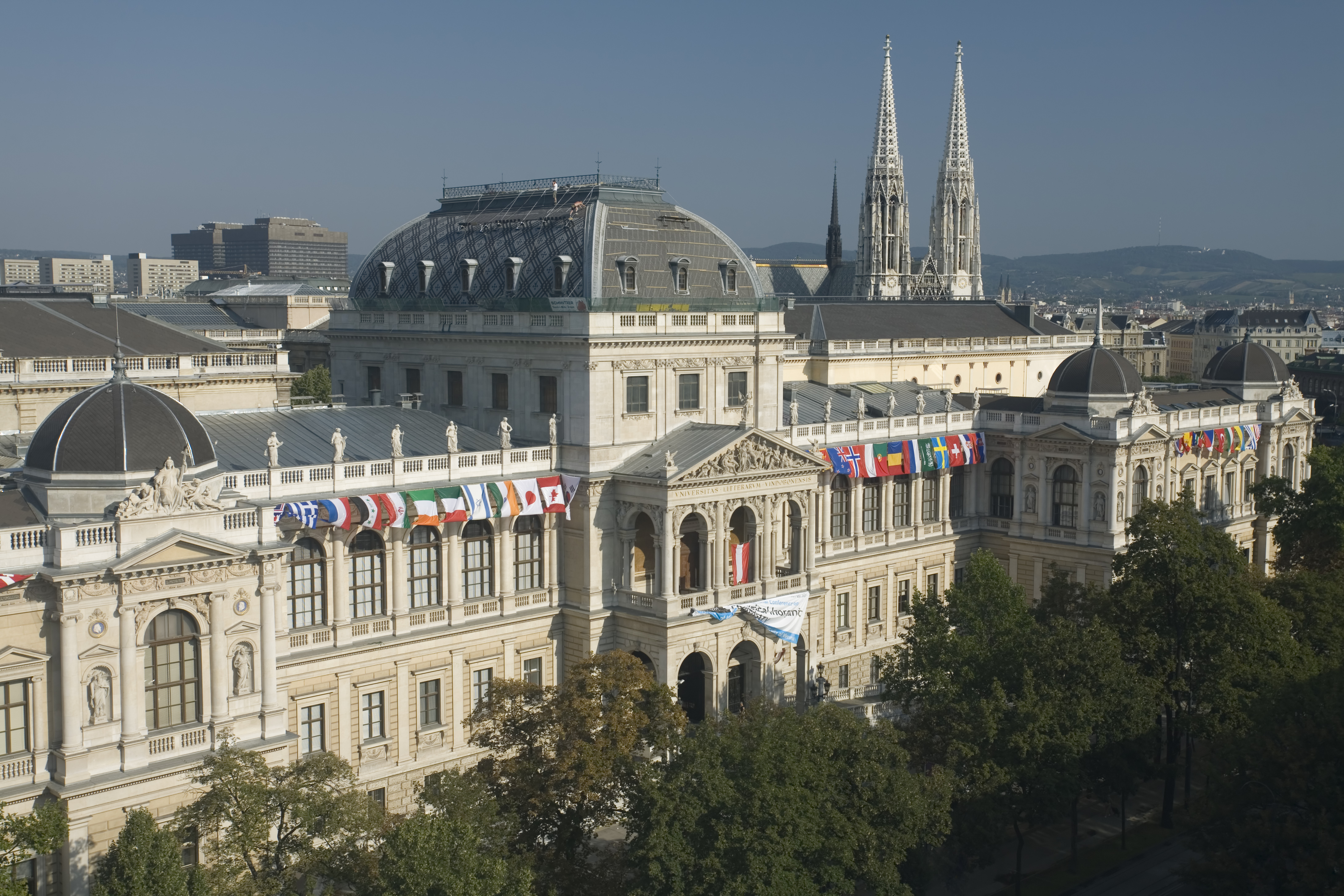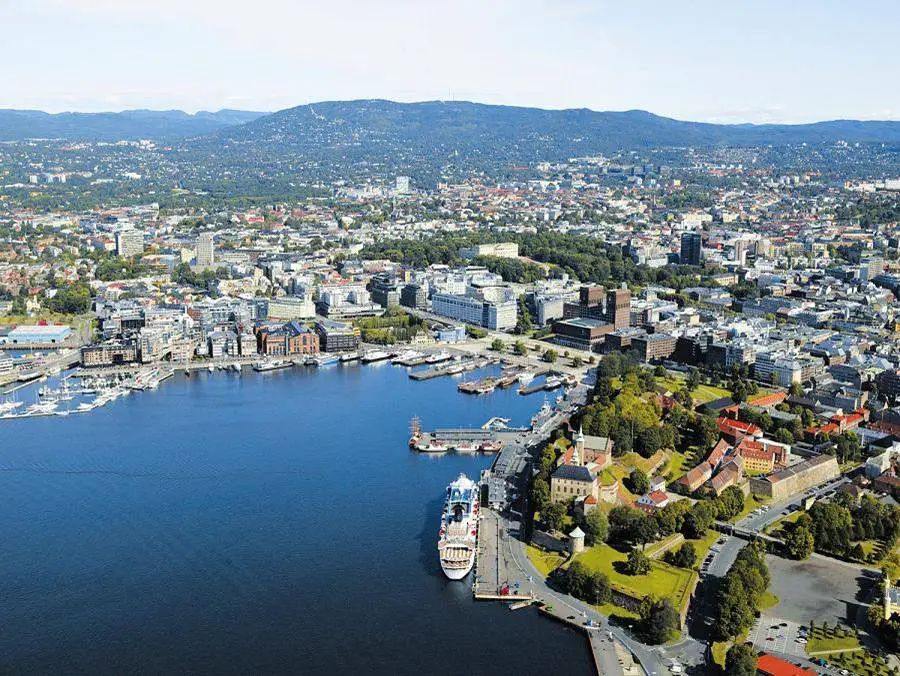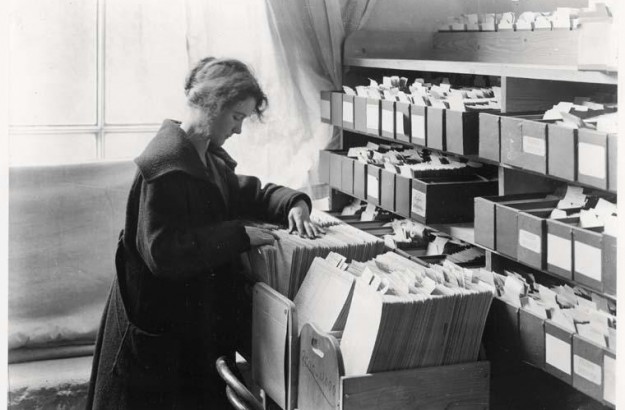(image source: graduateinstitute.ch)
The Department of International Law at the Graduate Institute for International and Development Studies (Geneva) organizes a conference on "International Law and Time".
Time is an inherent component of many of the most important international law concepts. However, it also fundamentally determines international law as a field. International law has been in constant dynamic change since its inception. Capturing and understanding this change in time is one of the discipline’s fundamental challenges, as is the difficulty of working with the constantly changing materiae of international law in practice.Panel descriptions:
The Graduate Institute's International Law Department is opening a call for papers to create an opportunity to reflect and debate about the fundamentals of international law in depth. The conference is open to both junior and senior international law scholars and practitioners. The deadline for abstract submissions is February 15, 2015. The Conference will be held at the Graduate Institute's Barton site.
The conference will be structured in six panels:
1. Attributing Meaning to Time: Visions of History and Future
2. International Law on a Given Day
3. Role of Time in Creation and Operation of Norms
4. International Law between Change and Stability
5. Continuity, Discontinuity, Recurrence
6. Regulating the Past: The Problem of Retroactivity
Panel 1 – Attributing Meaning to Time: Visions of History and Future
How do lawyers' conceptions of history (both in their visions of the future and representations of the past) influence the structure of international law and the idea we have of it? As shown by authors like Jacob Taubes, different forms of eschatological beliefs (regarding, that is, the final events of history and the destiny of humanity) have strongly influenced several fields of western culture, from philosophy to politics. Is international law immune from these dynamics or is it itself the consequence of particular "prophecies"? For instance, what impact did the Kantian idea of a "History with a Cosmopolitan Purpose" have on the development of contemporary international law and some of its distinctive features (e.g. the idea of an "international community" or the establishment of international organizations)? Will globalization lead to legal fragmentation or legal integration, and what impact may these different visions of the future have on the development of international law? Similar questions may be raised regarding the different ways international law's history is narrated today. How does the way we think of past heritage influence our present conception of international law?
Panel 2 – International Law on a Given Day
What conduct does international law permit or prohibit as of today? What as of 1st January of last year? How does one determine whether there is any law whatsoever? The foundation for any legal undertaking is the ability to ascertain the content of international law at a given moment. However, in reality this is often quite a challenging exercise. International law displays a high measure of fluidity thanks to being in large part customary, and because it assigns a normative character to relevant practice that modifies the content of existing international treaties. How should one work with this dynamic character of international law, with norms being created through a decentralized and heterogeneous process? Can one identify the precise moment in time a customary rule has come into existence? It has been argued that the content of international law is an inherently ex post facto construct. If so, what are the implications on the regulatory power of international law?
Panel 3 – Role of Time in the Creation and Operation of Norms
What are the various forms of conceiving and measuring time in international law and what bearing do these choices have on the creation and operation of norms? Temporal notions are especially prominent in the identification of legally relevant facts that contribute to law-making processes such as the traditional requirement of usus longaevus in the formation of customary international law. Moreover, the use of certain techniques dispels contingency from the judicial process, as exemplified by the seemingly rigorous notion of critical date and its ramifications for applicable law, or the temporal notion of continuity that buttresses effective territorial occupation. In treaty law, there is a strong dialectic tension between past and future, especially regarding treaty interpretation and the accompanying notions of original meaning, object and purpose, and effectiveness.
Panel 4 - International Law between Change and Stability
International law is in constant tension between the need to adapt to changing circumstances and its vocation towards maintaining systemic stability. How is this tension reconciled? What prompts changes to occur and what are the mechanisms of change in international law? Additionally, while analyzing the dynamic development of international law, any change in international law often needs to be detected and evaluated. How can such ongoing change be identified and worked with in the practice of international law?
Panel 5 – Continuity, Discontinuity, Recurrence
Ideas and concepts in international law disappear and come back again transformed. The idea of self-determination, which was transfigured from a call for democratic self-government into a cry for independence, is a prime example. The notion of international responsibility and its relationship to its protean avatars within the law of prize and diplomatic protection presents another illustration of conceptual notions traveling overtime. This panel discusses the presence of past concepts in different contexts and moments, as well as their flexibility, autonomy and capacity to reinvigorate the future.
Panel 6 – Regulating the Past: The Problem of Retroactivity
The debate surroinding retroactivity in international law has so far mainly concerned the fields of dispute settlement, criminal law and human rights, with regard to the ex-post facto prohibition of crimes and punishments. Yet, the notion of retroactivity is rich in its implications for the relationship between time and law generally, and is relevant for all branches of international law. To what extent can States "regulate the past", and what are the implications of contemporary facts and actions on the way lawyers assess the past? What is the difference between an ex-post facto rule and an innovative interpretation of a norm? Against what law shall past acts be assessed in case of secession or accession of States? And how can international law help societies come to terms with their past?



















